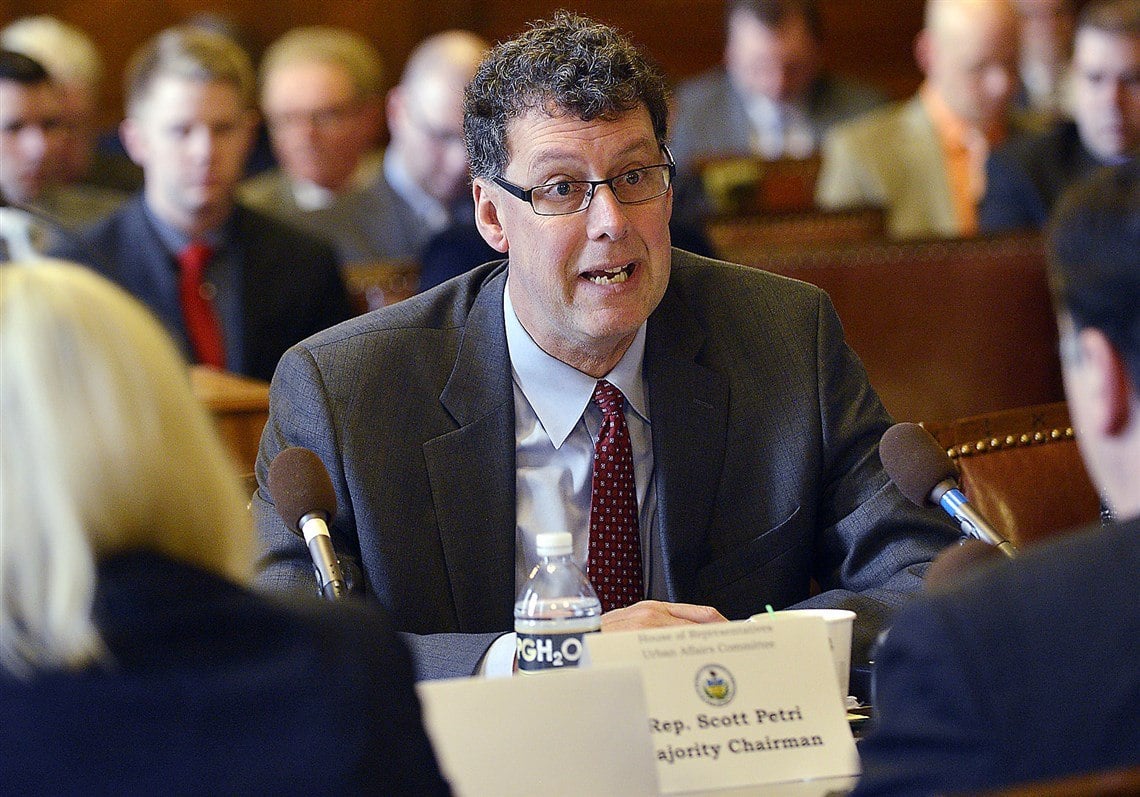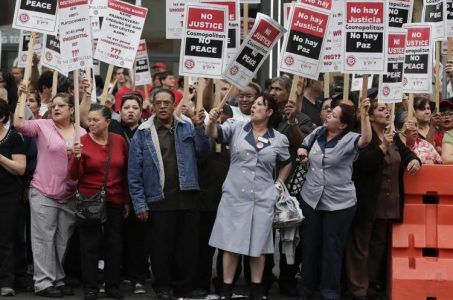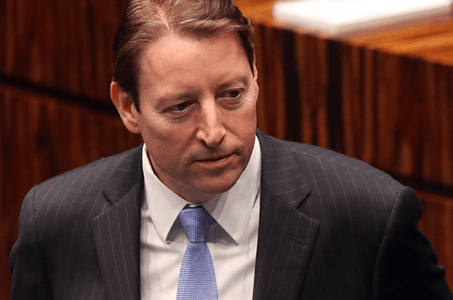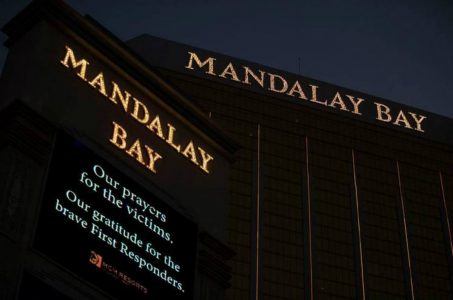Fate of Philadelphia Live! Casino Project Still in Limbo as Factions Battle Antitrust Measures
Posted on: July 17, 2017, 01:00h.
Last updated on: July 17, 2017, 12:48h.
Philadelphia’s Live! Hotel & Casino project remains in legal limbo, as a lawsuit continues to block the venue from license finalization and moving forward to break ground.

The main issue is trying to determine whether businessman Watche “Bob” Manoukian, who owns a controlling 86 percent stake in the nearby Parx Casino, is allowed to additionally hold an interest in Live! The state’s gaming act prohibits investors and financial groups from exceeding a 33.3 percent stake in multiple gaming ventures.
The Pennsylvania Gaming Control Board (PGCB) recently announced that a public hearing on the matter will be held on July 31 in Harrisburg.
Per the Race Horse Development and Gaming Act, “No slot machine licensee, its affiliate, intermediary, subsidiary or holding company may possess an ownership or financial interest that is greater than 33.3 percent of another local machine licensee.”
That presents a problem for the Philadelphia casino project, which is a joint partnership between Cordish Companies and Green Racing, the latter owned by Manoukian. The businessman is the chairman of HCBS Bank Armenia, and he holds investments in real estate, biotechnology, pharmaceuticals, and hospitality.
The $450 million Live! resort is scheduled to be built on a nine-acre plot of land adjacent to the Philadelphia Sports Complex. The plans call for a 325,000-square-foot casino floor, plus an 18-story hotel.
SugarHouse Casino is currently the only gambling property with a Philadelphia address, but Parx is less than 20 miles northeast in Bensalem, and Harrah’s Philadelphia is just 15 miles southwest in Chester.
Dissecting Ownership
Stadium Casino, LLC, the venture between Cordish and Greenwood, received a Category 2 gaming license in November of 2014. It still requires final approval from the PGCB.
That’s being blocked by a legal challenge brought forth by a bidder who lost out on winning the Philadelphia license. Market East Associates, the entity that unsuccessfully applied for the permit, is behind the lawsuit. SugarHouse Gaming has joined the litigation as well.
The plaintiffs are challenging Manoukian’s ownership, with the goal being that the PGCB will revoke Stadium Casino’s license. So far, the Pennsylvania Supreme Court has sided on the challengers’ side, mandating that the PGCB continue to seek additional information regarding Manoukian’s stake.
Stadium Casino says Manoukian’s ownership is through an “irrevocable trust” that he wouldn’t control or be able to touch. Instead, the investment vehicle would be earmarked for a beneficiary, and he would be a hands-off owner.
The complicated financial structure is why the legal challenge has lagged on for almost three years. On July 31, the two sides will once again make their cases to the gaming board.
Bill Introduced
Throwing yet more fuel on the fire, State Representative Scott Petri (R-Bucks) believes the one-third ownership clause in the gaming act needs to be repealed. The chairman of the Pennsylvania House Gaming Oversight Committee, Petri has introduced legislation to abolish the regulation and allow investors to have controlling stakes in multiple gambling venues.
“It’s important to finally end litigation on this Philly license,” Petri explained earlier this month. He added that the state is losing out on tens of millions of dollars in unseen tax revenue from the as-yet-unbuilt Live! casino project.
A Category 2 license costs a one-time $50 million upfront fee. Although that license has been approved by the PGCB, the lawsuit has held up finalizing it, including that payment.
The cash-strapped state is currently looking for revenue to close an expected $2.2 billion budget funding gap.
Related News Articles
Florida Gambling Battles in 2017: Not All Sunshine By Any Means
Biggest Gaming Industry Legal Conflicts, Battles, and Outright Wars of 2018
Most Popular
Las Vegas Overstated F1 Race’s Vegas Impact — Report
Vegas Strip Clubs Wrestle in Court Over Animal Names
ESSAY: Remembering ‘The Beatles LOVE’ in My Daughter’s Eyes
Most Commented
-
End of the Line for Las Vegas Monorail
— April 5, 2024 — 90 Comments -
Mega Millions Reportedly Mulling Substantial Ticket Price Increase
— April 16, 2024 — 6 Comments -
Long Island Casino Opponents Love New York Licensing Delays
— March 27, 2024 — 5 Comments -
Nearly Abandoned Mall Outside Vegas Soon to Have Only One Tenant
— March 12, 2024 — 5 Comments
















No comments yet